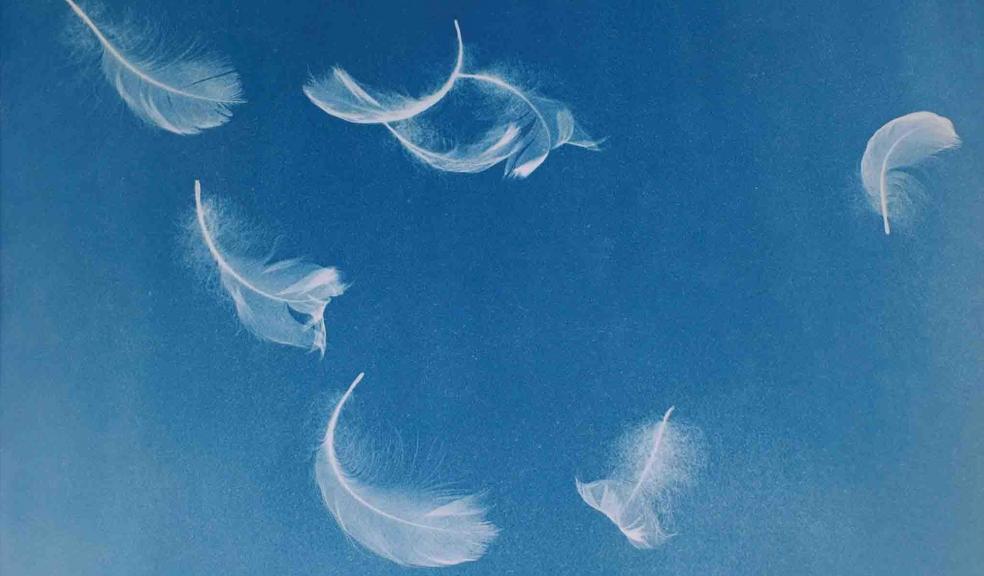
Exhibition provides a snapshot of a changing natural world
A series of striking images that show the ever-changing state of the natural world are going on show in China as part of a major new exhibition.
Flow is a showcase of the photographic talents of academics and doctoral students at Plymouth University, and features a range of works taken all over the world.
They include pictures of cliff erosion on the coast of South West England, melting ice in Northern Europe, human interaction with the Yangtze river flowing east from Tibet and the aftermath of an earthquake in Greece almost 2,500 years ago.
Curated by Professor Liz Wells, from the University’s School of Art and Media, Flow opened at the Sichuan Fine Art Institute and Gallery 501, both in Chongqing, on November 30 and runs until December 26. In January 2015, it will then move to the Jia Ling Jiang Gallery in Nanchong City.
In the catalogue for the exhibition, Liz Wells, Professor in Photographic Culture at Plymouth University, says: “This exhibition examines visual aspects of movement and change in relation to the natural environment, and also in relation to mindscape: the flow of ideas, and the imaginative processes that lead from ideas to images. Modes vary, from the overtly poetic to the photographically literal, from the intimate to more extended landscapes. Brought together, the images and themes encompassed within the exhibition reflect on the social and physical world, and on our position within it.”
Flow is made up of works by the Land/Water and the Visual Arts research group based in the School of Art and Media at Plymouth University. Land/Water includes artists, writers and curators who interrogate nature and culture, aesthetics and representation, questioning imagery and practices relating to land, landscape and place.
Among the Plymouth lecturers contributing to this exhibition are: Professor Jem Southam, whose work observes the subtle yet constant erosion of cliffs and rocks; Stephen Vaughan, who examines areas where earthquakes have disrupted existing patterns, including a city that disappeared only to be rediscovered centuries later; Dr David Hilton, whose panorama of the coastal city evokes the historical ebb and flow of place; and Liz Nicol, who references rivers through discarded swan feathers, marking the presence of the birds through their absence. Other artists in the exhibition include Christopher Cook and Heidi Morstang; Susan Derges, visiting professor; Emanuel Bras and Yan Wang Preston, current PhD students.
Dr Simon Standing, the Subject Leader for Photography at Plymouth University, said: “This exhibition demonstrates the outstanding talents of our lecturers and students, and the international esteem in which many of them are held. They are at the cutting edge of photography, film and painting practices and are constantly pushing the boundaries of what art can say. It can also inspire our current and prospective students to see what they can achieve, as they work alongside – and learn from – some of the leading global practitioners in their field.”
For more information about the exhibition, and the work of the Land/Water and the Visual Arts research group, visit www.landwater-research.co.uk/news/.













